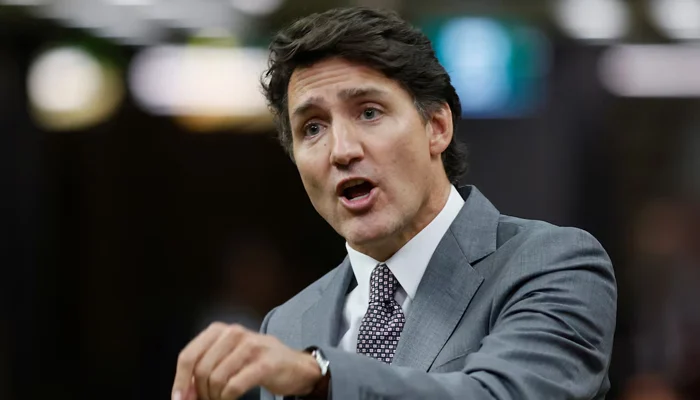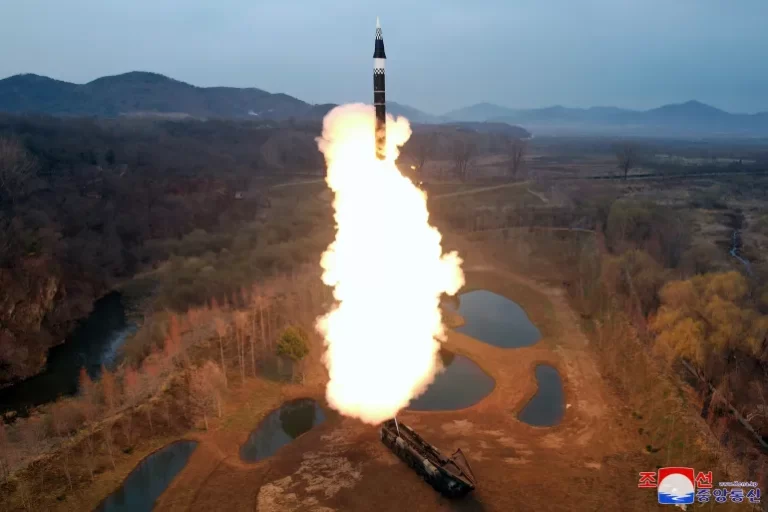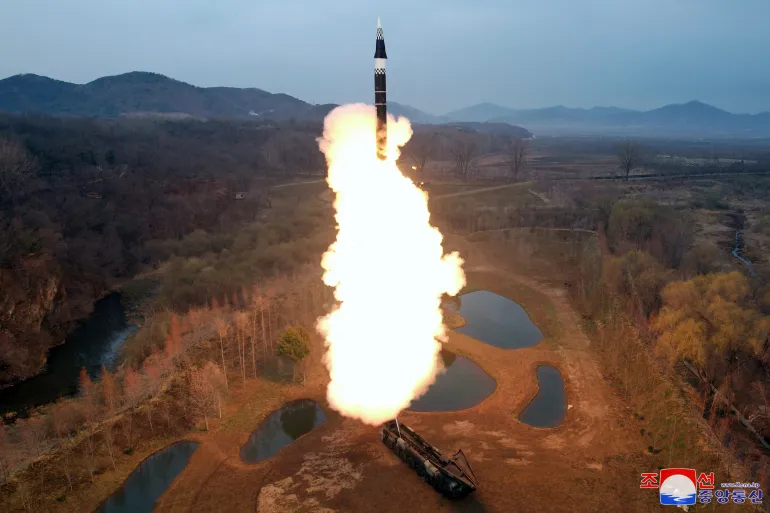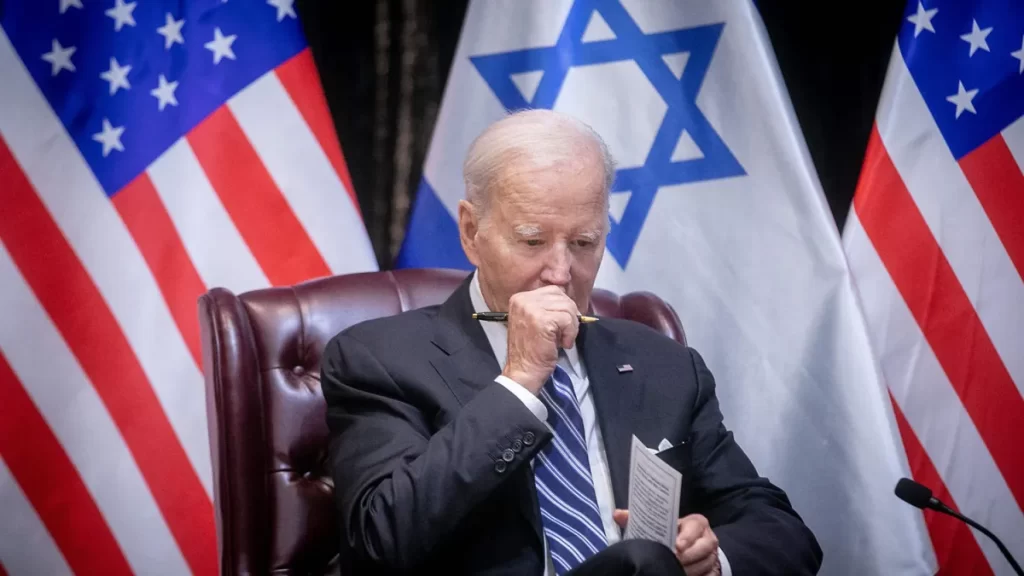The partnership of Iran with the Eurasian Economic Union (EAEU) represents a significant shift in its economic strategy. It aims to bolster trade relations and reduce reliance on Western markets. The EAEU, comprising Armenia, Belarus, Kazakhstan, Kyrgyzstan, and Russia, offers Iran access to a market of approximately 190 million people. The leaders of EAEU countries resolve to grant Iran an observer status and will discuss the joint work in the upcoming meeting.
Trade Dynamics and Economic Impact
In 2022, the total value of Iran’s trade with the EAEU was $6.2 billion. The recent free trade agreement, signed in December 2023, projected to increase bilateral trade to $18-20 billion over the next five to seven years. This agreement eliminates customs duties on nearly 90% of goods, enhancing the competitiveness of Iranian products in EAEU markets.
Strategic Considerations
Iran’s trade within the EAEU is predominantly with Russia, accounting for 80% of its trade in the region. This is followed by Armenia (10%), Kazakhstan (8.7%), Belarus (0.6%), and Kyrgyzstan (0.5%). This concentration underscores Russia’s importance in Iran’s economic relations.
While the partnership offers economic benefits, it also presents challenges. Iran must navigate the EAEU’s regulatory framework, where Russia holds significant influence, to safeguard its economic, commercial, technological, and political interests. Excessive commitment to the union’s policies could potentially compromise Iran’s autonomy.
Regional Integration and Geopolitical Implications
The EAEU’s integration with countries like China, India, Turkey, and other East Asian nations provides Iran with opportunities to diversify its trade partnerships and mitigate the impact of Western sanctions. This regional economic convergence could act as a buffer against coercive measures and foster economic deterrence.
Iran’s engagement with the EAEU marks a strategic move to enhance its economic standing and reduce vulnerability to external pressures. By leveraging the union’s market access and regional partnerships, Iran aims to achieve sustainable economic growth and greater geopolitical influence.













